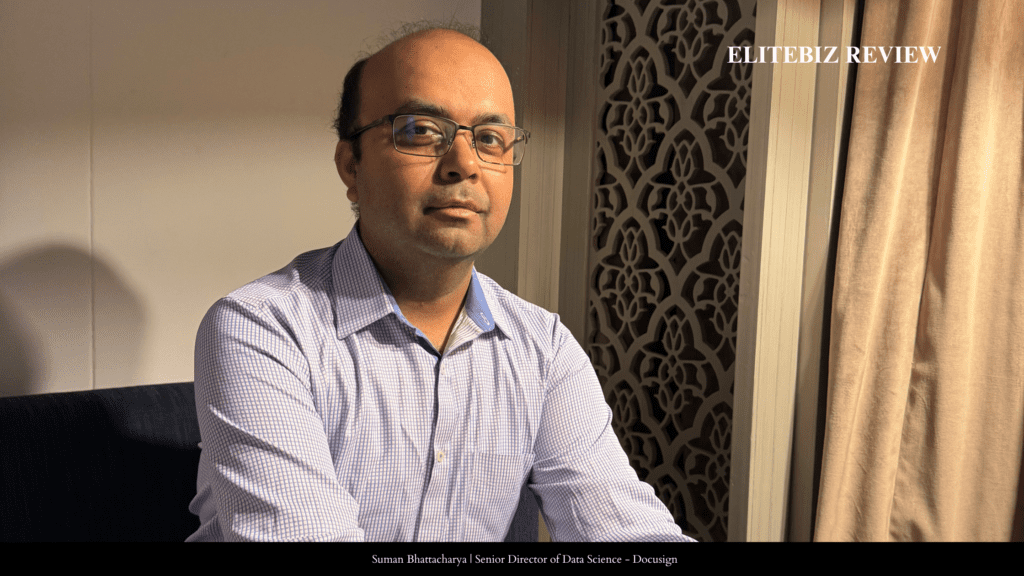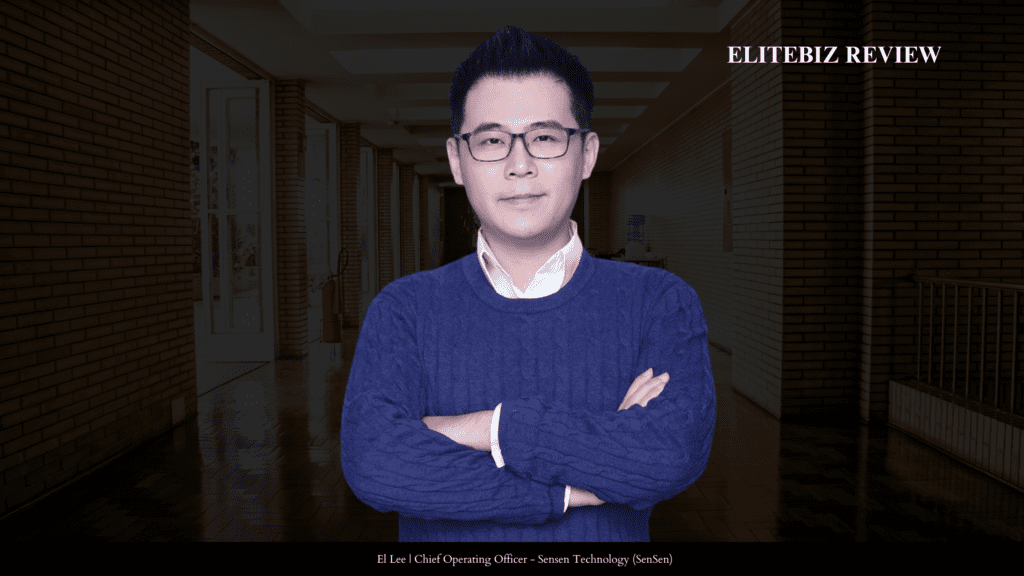Dr. PKC Bose: A Global Sustainability Evangelist Pioneering the Circular Economy Transformation
Digital Version In an era defined by environmental urgency and the quest for regenerative growth, few leaders embody the principles of sustainability as profoundly as Dr. PKC Bose, Executive Advisor to Global Board of Directors and Chairman, CAMBI INDIA PRIVATE LIMITED. A visionary industrialist and global sustainability advocate, Dr. Bose’s leadership journey reflects a career-long dedication to one purpose: transforming industries and mindsets toward a circular, sustainable, and inclusive future. From shaping multinational manufacturing empires to leading the charge in renewable energy, biogas, and waste-to-resource technologies, Dr. Bose’s professional story is one of innovation, integrity, and impact. Today, at the helm of Cambi India—part of the Norway-based global leader in sludge-to-biogas and biofertilizer technology—he stands as a driving force behind India’s transition to a circular economy. His mission: to prove that sustainability and prosperity are not opposing goals, but powerful partners in redefining the future of human progress. A Career Built on Vision and Transformation Dr. Bose’s journey toward becoming one of the world’s most respected sustainability leaders began with a simple yet profound conviction—to work only for organizations that serve the planet. His professional ascent is marked by leadership roles that span continents, technologies, and industries, each contributing to his deep understanding of industrial transformation and sustainable growth. He began his career as General Manager of Operations for a U.S.-based company, where he developed a strong foundation in engineering management and operations excellence. His career soon took him to SEW EURODRIVE Group, a renowned German power transmission company, where he served as Managing Director & CEO for 12 years. Under his leadership, SEW EURODRIVE established a strong manufacturing presence in India and became a trusted name across the continent. Later, Dr. Bose joined SAERTEX Group, Germany—the global leader in advanced technical textiles made from glass, carbon, and aramid fibers. For over 16 years, he steered SAERTEX’s Indian operations to the forefront of the composite materials sector, building one of the strongest organizations in the industry. His next chapter took him to ENERCON Group, Germany, the world’s largest privately-owned wind turbine manufacturer, as Vice Chairman & Managing Director. There, Dr. Bose led a remarkable transformation of the company’s Indian operations. He established a world-class Innovation Centre, three manufacturing plants for wind turbine blades, generators, and towers, and positioned ENERCON India as a major global exporter of renewable-energy components. Under his stewardship, ENERCON became synonymous with engineering excellence, sustainability, and industrial innovation. After completing his tenure at ENERCON, Dr. Bose co-founded ENREGO ENERGY GmbH, Germany, alongside senior colleagues from the ENERCON Group. ENREGO ENERGY focuses on wind, solar, green hydrogen, and energy storage systems—and has rapidly emerged as one of the fastest-growing green energy companies in Europe. In parallel, Dr. Bose has continued to serve as an advisor and board member to numerous international organizations leading the global sustainability transition, including ArcelorMittal Building Solutions, 2G Energy AG, Nagarro Group, EJOT GmbH, B&T Composite, and Kineco Composite. Yet among his many roles, his work with Cambi Group holds a special place. As Executive Advisor and Chairman of Cambi India, Dr. Bose is bringing one of the world’s most transformative technologies—the Thermal Hydrolysis Process (THP)—to India for the first time, helping the country turn urban waste challenges into renewable energy opportunities. Cambi India: Turning Waste into Wealth Cambi Group, headquartered in Norway and listed on the Oslo Stock Exchange, is a global leader in sustainable wastewater treatment and resource recovery. Through its cutting-edge THP technology, the company transforms sewage sludge into biogas, biofertilizer, and clean water, enabling a full-circle solution for waste management. Cambi India, under Dr. Bose’s leadership, is driving this mission forward by localizing and scaling the technology for India’s unique environmental and infrastructural needs. Its approach is not merely technological—it is transformational. Cambi’s THP systems use high temperature and pressure to pre-treat sludge, breaking down organic material and significantly enhancing biogas yield. The process not only reduces sludge volume and operational costs but also produces pathogen-free, Class-A biosolids safe for agricultural use. As a result, wastewater treatment plants transition from being cost centers to energy-positive facilities that generate renewable power and valuable soil nutrients. This innovation directly supports India’s broader sustainability objectives, from Net Zero 2070 to Swachh Bharat Urban 2.0, GOBAR-Dhan, and the National Green Hydrogen Mission. By enabling cities to generate renewable biogas and high-quality biofertilizer, Cambi India is contributing to cleaner energy, circular resource use, and sustainable agriculture—all crucial pillars of the circular economy. “Cambi India is not just treating wastewater—it is reimagining waste as a resource,” says Dr. Bose. “Our mission is to turn sanitation challenges into economic opportunities and position India as a global leader in sustainable innovation.” Evangelizing the Circular Economy For Dr. Bose, being an evangelist for the circular economy is not simply a professional responsibility—it is a personal philosophy. He believes that circularity represents a transformative shift in how societies view waste, resources, and growth. “To be a circular-economy evangelist is to challenge the take-make-dispose mindset and replace it with one of regeneration and renewal,” he explains. “It means proving that environmental stewardship can drive prosperity, and that sustainable growth is not a contradiction but a necessity.” Dr. Bose drives this vision by bridging the gap between innovation and implementation. He works closely with utilities, policymakers, and industries to advocate for technologies that turn waste into value—anaerobic digestion, thermal hydrolysis, and biogas-to-energy systems among them. Through his mentorship and leadership, he not only guides decision-makers but also inspires the next generation of engineers, scientists, and entrepreneurs to see sustainability as the defining challenge of their time. “Being a sustainability evangelist,” he says, “is about creating believers, not just customers; building systems change, not just projects.” Innovation as the Engine of Climate Action The cornerstone of Cambi’s success lies in innovation. The company’s THP technology transforms what was once an environmental liability—sewage sludge—into a renewable asset. Traditionally, sludge disposal has relied on landfilling or incineration, both costly and environmentally harmful. Cambi’s approach flips that paradigm, enabling cities to generate energy, improve soil








